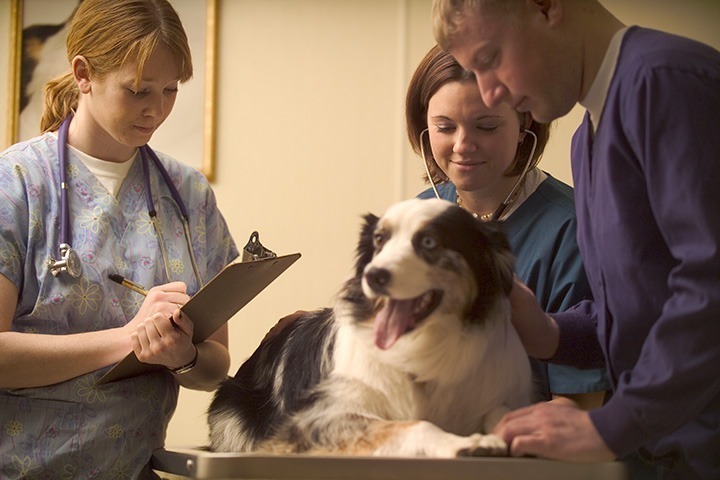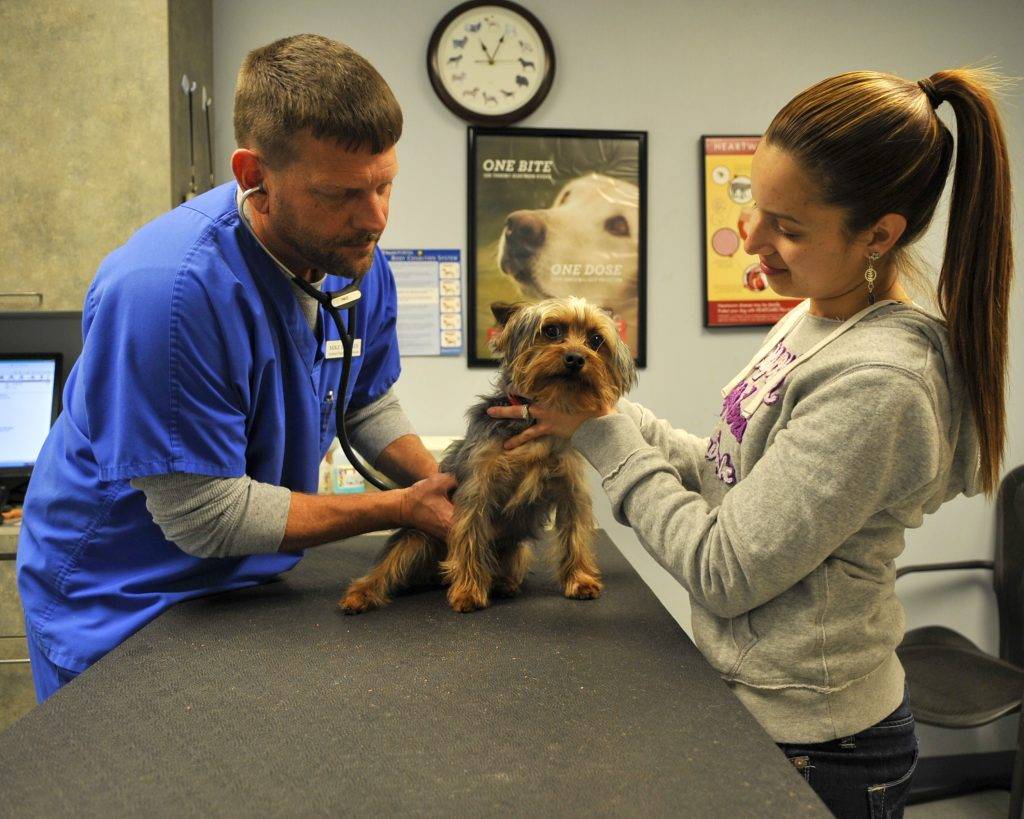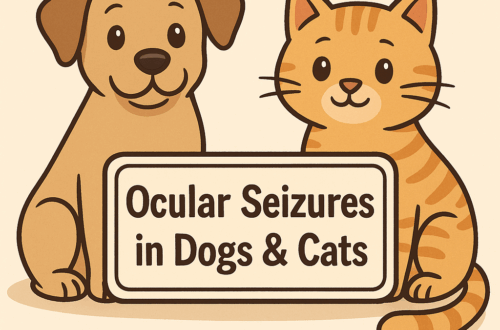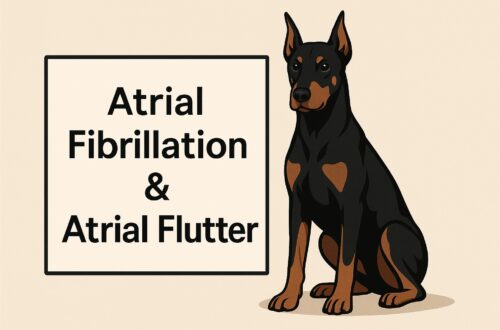Some of you send me messages asking fantastic questions. This week I’m answering one about consulting with board certified veterinary specialists publicly because I need as many pet owners as possible to know the answer. What’s the question?
What tips do you have to help me prepare for my pet’s upcoming visit with a veterinary specialist?
In the interest of helping set realistic expectations, I hope you find the information insightful and share-worthy! Happy reading!

Come prepared
Here are some important bullet points about consulting with board-certified veterinary specialists:
- Bring a copy of your pet’s medical records. Yes, the specialist’s team will have requested them from your family veterinarian. For a variety of reasons, sometimes the records aren’t received by the time of your pet’s consultation. Medical records should include doctor’s notes, blood & urine test results, and diagnostic images (e.g.: radiographs/x-rays, ultrasound pictures). Please note invoices from your family veterinarian are not medical records and rarely provide useful clinical information.
- Fast your pet. With rare exception (e.g.: puppies/kittens, diabetic patients), you should withhold food from your pet for ~12 hours prior to their consultation with a veterinary specialist. Why? Many diagnostic tests the specialist may recommend require fasting. Failure to appropriately fast your pet may delay the recommended diagnostic investigation. Please note your pet should always have access to fresh cool water. If you have any concerns about fasting your pet, please contact the specialist’s office.
- Bring all of your pet’s medications and supplements. Reviewing drugs, particularly tablet sizes and doses, is very important to ensure patient safety and minimize the likelihood of an adverse drug reaction or interaction. Supplements can be helpful in a variety of diseases, but they some can also lead to potential complications. So, please bring all bottles of pills so-to-speak for the specialist to examine and review.
- Take photos and videos related to your pet’s problem. Pets are really good at hiding their medical issues in a hospital environment. The limping dog stops limping. The lethargic cat is all of a sudden bright, alert, and responsive in the consultation room. For this reason, the familiar saying, “A picture is worth a thousand words” rings very true. And if a picture is worth a thousand words, a video can be invaluable!
- Specialty medicine is more expensive. Specialty referral hospitals are businesses. That’s just a fact. Board-certified veterinary specialists are uniquely experienced medical professionals with distinctive skills and expertise. They work in hospitals with state-of-the-art equipment. Their facilities are usually staffed around-the-clock with highly trained and compassionate veterinary nurses and support team members. Costs to maintain such hospitals and staff are understandably high, and yes, some of those costs are passed down to the pet owner. I strongly encourage pet owners to invest in health insurance for their pets, as it can often be quite helpful in both emergencies and when consulting with a veterinary specialist.

Consulting is often a day-long affair
You’re familiar with bringing your pet to a veterinary hospital for evaluation with your family veterinarian. Appointment duration generally varies from 10 to 30 minutes. In contrast, an initial consultation with a board-certified veterinary specialist is usually much longer. For example, my initial consultations last one hour.
The consulting veterinary specialist will review your pet’s history with you. You will be asked a lot of questions. Please answer them thoroughly and concisely. Please don’t respond by saying, “It should be all in the records.” Honestly, such a statement is truly frustrating. The specialist is trying to help your pet. They’re seeking more detail from you. They’re asking questions to see if you’re doing what your family veterinarian recommended. Any unwillingness to answer questions could compromise your pet’s health, so please embrace the consultation from a collaborative mindset.
The specialist will perform a complete physical examination after reviewing your pet’s history. Then, the doctor will discuss all of their concerns with you and will ultimately recommend a logical diagnostic and treatment plan that builds upon what your family veterinarian has already appropriately done. Sometimes the plan for your pet is obvious and straightforward. Other times it’s an ongoing process. Almost always you will be asked to leave your pet with the specialist for the remainder of the day to pursue the recommended next steps. So, be prepared for more than a one hour consultation. Be prepared for a day long event.

Pick a family representative
The consulting specialist is going to spend a lot of time with you reviewing their concerns, their thought processes, and their recommendations. They’ll do their best to paint a picture of the path down which you’ll travel together to get your pet feeling better. You’re going to talk with them. A lot.
One of the most frustrating parts of being a veterinary specialist is having a detailed, informative, and lengthy conversation with a pet owner only for them to say, “I wish my partner was here. I need you to call them and tell them what you just told me because I’m not going to remember any of it.” Let me be blunt. That’s not an acceptable answer. Why?
The veterinary specialist just spent a meaningful amount of time reviewing a lot of important information. They also provide written summaries of your pet’s visit that reiterates all of it because we know many folks are visual learners. Pet owners also have a responsibility to take an active part in the consultation process. So, here are my tips:
- Listen actively
- Take notes
- Ask questions
- Ask if you can record your conversation with the specialist…but don’t do so without asking as such a tactic is disrespectful and may be illegal
- Have other folks involved with your pet’s healthcare on speaker phone when the specialist is speaking with you
But don’t expect the specialist to have the same conversation with multiple different family members. That is an unrealistic expectation.

The take-away message about consulting with a veterinary specialist…
There comes a time in a pet’s life when consulting with a board-certified veterinary specialist may be needed. Pet owners should know such a visit is often quite different than that with a family veterinarian. Come prepared to partner with the doctor. The consulting specialist and their team want you to be an engaged and informed part of the triad of care. Only through respectful collaboration can your pet’s medical team develop comprehensive, logical, and cost effective diagnostic and treatment plans. The ultimate goal? Getting your sick pet back on their four feet leading a happy high quality life at home with you!
To find a board-certified veterinary internal medicine specialist, please visit the American College of Veterinary Internal Medicine.
Wishing you wet-nosed kisses,
CriticalCareDVM




